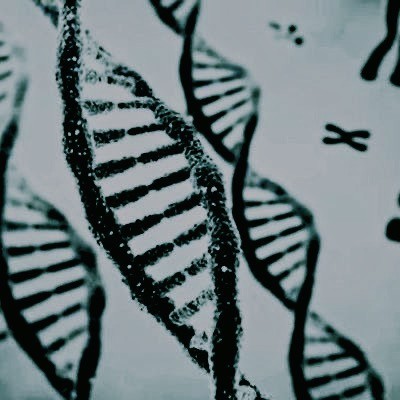As a schoolboy, Ed Dutton decided he was a “humanities person.” He felt an immediate interest in the lives of his ancestors and the people around him, and so enjoyed learning about history and literature, which spoke to him of such things. Memories of eighth-grade lessons on stamens and pistils, on the other hand, still summon up feelings of “ennui and despair.” He couldn’t wait to turn sixteen so he would never have to take another science lesson again. How did such a child morph into a dissident evolutionary psychologist?
By discovering the relevance of science to all the things he was already interested in. History, for example, can be understood as Darwinian evolution in action:
Religion was another matter that excited the young Dutton’s curiosity. Churches were all over the place, and students prayed and sang hymns at school assemblies.

By discovering the relevance of science to all the things he was already interested in. History, for example, can be understood as Darwinian evolution in action:
Come to think of it, I have a pretty good notion why White British schoolchildren are not taught how outgroup hostility can help them prevail in the struggle for survival. But Dutton is certainly correct that teaching such things would make science lessons a whole lot more interesting—for all concerned.Individuals and groups compete for power and resources under harsh Darwinian conditions and those who are best adapted to their environment survive. Computer models have shown that groups highest in “positive ethnocentrism” (in-group cooperation) and “negative ethnocentrism” (out-group hostility) dominate all other groups, all else being equal. Not only that, but people can pass on their genes indirectly and tend to favour people the more genetically similar they are to themselves. [This] makes sense of soldiers dying for their country or one ethnic group persecuting another. Why didn‘t we learn about this when we learnt about World War II?
Religion was another matter that excited the young Dutton’s curiosity. Churches were all over the place, and students prayed and sang hymns at school assemblies.


